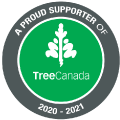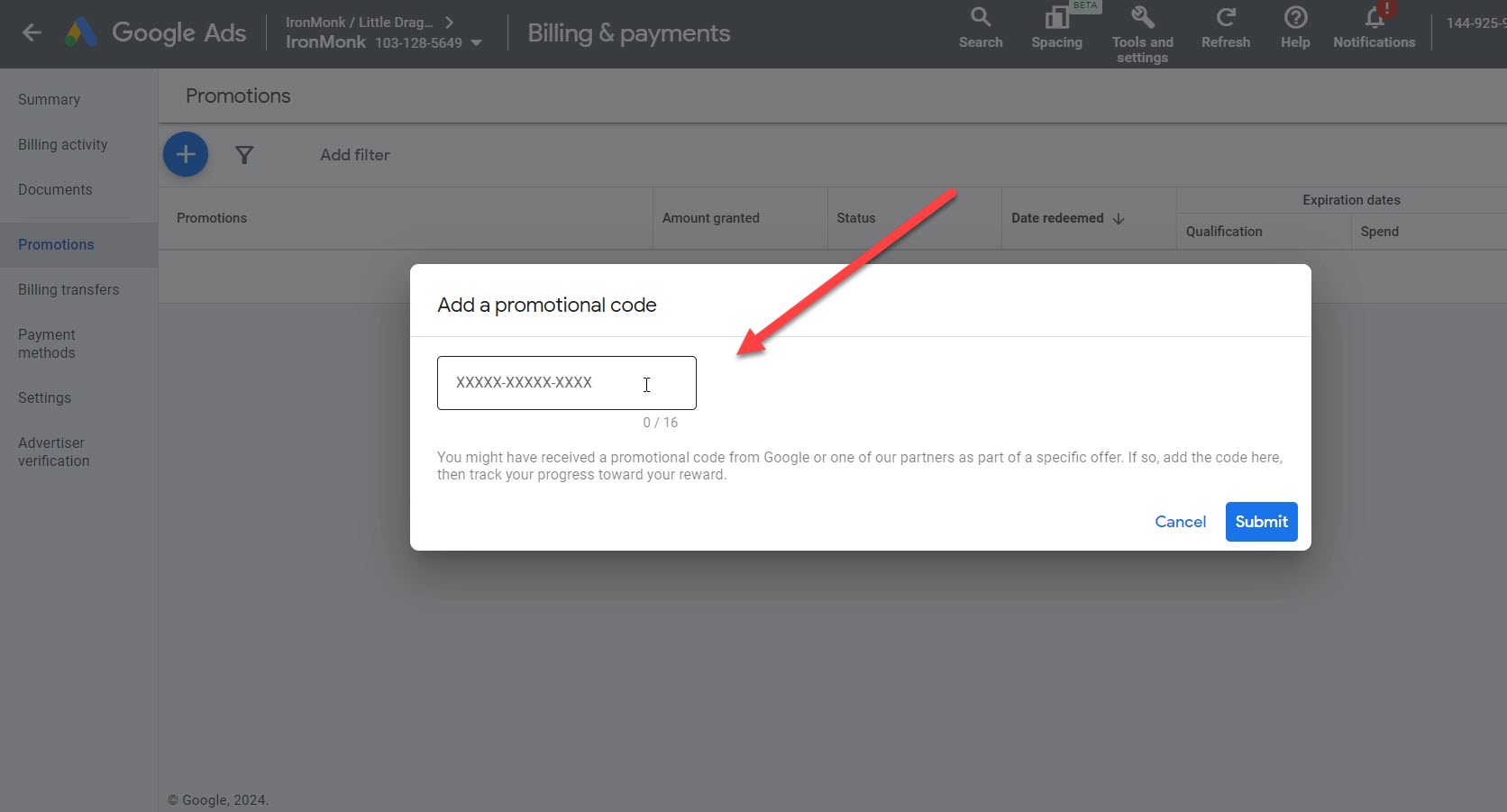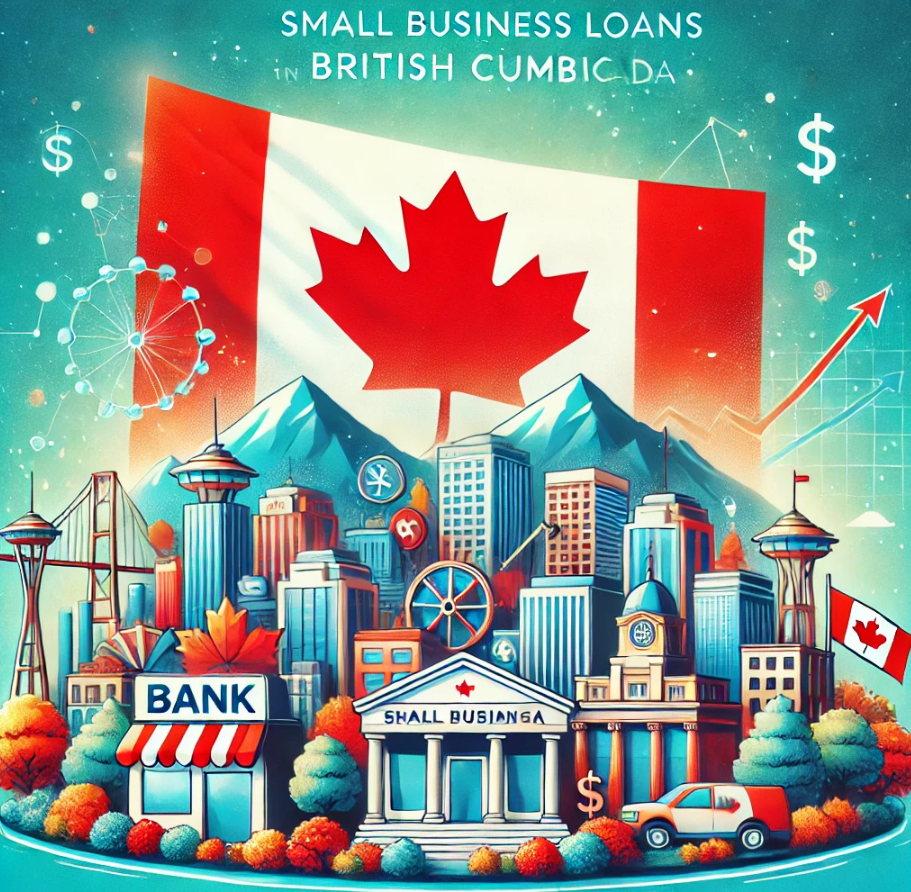GOOGLE ADS MANAGEMENT
ALL SERVICES- GRAPHIC DESIGN & BRANDING
➥ WEBSITE DESIGN TORONTO
➥ TORONTO LOGO DESIGN
➥ BROCHURE GRAPHIC DESIGN
➥ INFOGRAPHIC DESIGN
➥ BUSINESS CARD DESIGN
➥ PACKAGE DESIGN TORONTO
➥ ILLUSTRATION DESIGN
➥ ADVERTISING POSTER DESIGN
➥ BRANDING STRATEGY & SERVICES- ➤ VIEW ALL SERVICES
WEB DEVELOPMENT & SUPPORT
➥ CUSTOM WEB DESIGN TORONTO
➥ ECOMMERCE WEBSITE DESIGN TORONTO
➥ WEBSITE MAINTENANCE SERVICES
➥ SHOPIFY WEBSITE DESIGN
➥ SHOPIFY EXPERTS TORONTO
➥ WORDPRESS DEVELOPMENT
➥ WORDPRESS MAINTENANCE- ➤ VIEW ALL SERVICES
WEBSITE MARKETING & CONTENT
➥ SEO PACKAGES TORONTO
➥ TORONTO SOCIAL MEDIA AGENCY
➥ CONTENT MARKETING TORONTO
➥ PPC MANAGEMENT TORONTO
➥ AFFILIATE MARKETING CANADA
➥ STRATEGIC CONSULTATION- ➤ VIEW ALL SERVICES
ABOUT
RESOURCES- LET’S CHAT
Questions? Call us at
647-348-4995

GOOGLE ADS MANAGEMENT
ALL SERVICES- GRAPHIC DESIGN & BRANDING
➥ WEBSITE DESIGN TORONTO
➥ TORONTO LOGO DESIGN
➥ BROCHURE GRAPHIC DESIGN
➥ INFOGRAPHIC DESIGN
➥ BUSINESS CARD DESIGN
➥ PACKAGE DESIGN TORONTO
➥ ILLUSTRATION DESIGN
➥ ADVERTISING POSTER DESIGN
➥ BRANDING STRATEGY & SERVICES- ➤ VIEW ALL SERVICES
WEB DEVELOPMENT & SUPPORT
➥ CUSTOM WEB DESIGN TORONTO
➥ ECOMMERCE WEBSITE DESIGN TORONTO
➥ WEBSITE MAINTENANCE SERVICES
➥ SHOPIFY WEBSITE DESIGN
➥ SHOPIFY EXPERTS TORONTO
➥ WORDPRESS DEVELOPMENT
➥ WORDPRESS MAINTENANCE- ➤ VIEW ALL SERVICES
WEBSITE MARKETING & CONTENT
➥ SEO PACKAGES TORONTO
➥ TORONTO SOCIAL MEDIA AGENCY
➥ CONTENT MARKETING TORONTO
➥ PPC MANAGEMENT TORONTO
➥ AFFILIATE MARKETING CANADA
➥ STRATEGIC CONSULTATION- ➤ VIEW ALL SERVICES
ABOUT
RESOURCES- LET’S CHAT
Questions? Call us at
647-348-4995

GOOGLE ADS MANAGEMENT
ALL SERVICES- GRAPHIC DESIGN & BRANDING
➥ WEBSITE DESIGN TORONTO
➥ TORONTO LOGO DESIGN
➥ BROCHURE GRAPHIC DESIGN
➥ INFOGRAPHIC DESIGN
➥ BUSINESS CARD DESIGN
➥ PACKAGE DESIGN TORONTO
➥ ILLUSTRATION DESIGN
➥ ADVERTISING POSTER DESIGN
➥ BRANDING STRATEGY & SERVICES- ➤ VIEW ALL SERVICES
WEB DEVELOPMENT & SUPPORT
➥ CUSTOM WEB DESIGN TORONTO
➥ ECOMMERCE WEBSITE DESIGN TORONTO
➥ WEBSITE MAINTENANCE SERVICES
➥ SHOPIFY WEBSITE DESIGN
➥ SHOPIFY EXPERTS TORONTO
➥ WORDPRESS DEVELOPMENT
➥ WORDPRESS MAINTENANCE- ➤ VIEW ALL SERVICES
WEBSITE MARKETING & CONTENT
➥ SEO PACKAGES TORONTO
➥ TORONTO SOCIAL MEDIA AGENCY
➥ CONTENT MARKETING TORONTO
➥ PPC MANAGEMENT TORONTO
➥ AFFILIATE MARKETING CANADA
➥ STRATEGIC CONSULTATION- ➤ VIEW ALL SERVICES
ABOUT
RESOURCES- LET’S CHAT
Questions? Call us at
647-348-4995

GOOGLE ADS MANAGEMENT
ALL SERVICES- GRAPHIC DESIGN & BRANDING
➥ WEBSITE DESIGN TORONTO
➥ TORONTO LOGO DESIGN
➥ BROCHURE GRAPHIC DESIGN
➥ INFOGRAPHIC DESIGN
➥ BUSINESS CARD DESIGN
➥ PACKAGE DESIGN TORONTO
➥ ILLUSTRATION DESIGN
➥ ADVERTISING POSTER DESIGN
➥ BRANDING STRATEGY & SERVICES- ➤ VIEW ALL SERVICES
WEB DEVELOPMENT & SUPPORT
➥ CUSTOM WEB DESIGN TORONTO
➥ ECOMMERCE WEBSITE DESIGN TORONTO
➥ WEBSITE MAINTENANCE SERVICES
➥ SHOPIFY WEBSITE DESIGN
➥ SHOPIFY EXPERTS TORONTO
➥ WORDPRESS DEVELOPMENT
➥ WORDPRESS MAINTENANCE- ➤ VIEW ALL SERVICES
WEBSITE MARKETING & CONTENT
➥ SEO PACKAGES TORONTO
➥ TORONTO SOCIAL MEDIA AGENCY
➥ CONTENT MARKETING TORONTO
➥ PPC MANAGEMENT TORONTO
➥ AFFILIATE MARKETING CANADA
➥ STRATEGIC CONSULTATION- ➤ VIEW ALL SERVICES
ABOUT
RESOURCES- LET’S CHAT
Questions? Call us at
647-348-4995
![]()
![]()
![]()

- October 3, 2018
-
 Sarah Bauder
Sarah Bauder
On October 17, 2018, the paradigm shifted. The date will forever be known in the annals of history, as the day recreational cannabis was legalized in Canada. A very big deal considering there is only one other country that has completely legalized marijuana from production to distribution – Uruguay (yes, Uruguay). The “Weed Wave” is coming to the fair land of the maple leaf. Where it will take us is anyone’s guess, but there will be many ready and willing to ride that wave. With this wave comes an entire cottage industry (as it were) of marketing cannabis.
Cannabis Stats
According to findings from Statistics Canada, over 2 million Canadians identified themselves as “regular users” of cannabis, with 1.3 million males comprising the majority of that number. In addition, StatsCan reported that roughly 2.41 million Canadians stated they “intended” to use marijuana once it was legalized. Regarding that group, (1.19 million were male and 1.21 million were female). Of course, those numbers could be exponentially higher, given the fact that some people aren’t comfortable addressing usage until legalization is in effect. Projections of the legalized recreational cannabis market have been placed at between $5 and $7 billion in Canada. Suffice to say, the cannabis market is going to be an important one. By the same token, marketing cannabis successfully under strict regulations is paramount.
A Breakdown of the “Cans” and “Cannots” of Cannabis Marketing
Despite the 10-figure projections, post-legalization Canada isn’t going to be post-communist Russia. There will be no Wild West, free-wheeling capitalism here – far from it. As per the Cannabis Act (also known as Bill C-45), the federal government has imposed stringent regulations on both the packaging and marketing of marijuana. Said act received Royal Assent on June 21, 2018. Soon thereafter, Health Canada released its 200+ page ‘Cannabis Regulations’ report. Both these sets of rules enforce strict and detailed restrictions on the marketing, labeling, and packaging of cannabis itself, and accessories such as vaporizers, rolling papers, and pipes.
With regards to the marketing of cannabis, the restrictions will prohibit endorsements or testimonials, sponsorship, promoting to youth, false or misleading claims, or the depiction of people, animals, or the like engaging in anything that could be associated with a pot culture lifestyle. The takeaway: there cannot be any flashy TV spots, no celebrities endorsing their favourite pot brands, no sponsorship billboards at NHL games.
Just as restrictive, are the rules pertaining to labeling and packaging. Under the Cannabis Act, federal regulations are enforcing subdued packaging with mandatory health warnings, coupled with strict guidelines for branding, logos, and colours. Put quite simply, conventional advertising is prohibited for the “Blessed Bud” – period.
We here at Little Dragon Media apply the KISS Principle to our agency process, coupled with a hefty dose of creative flair. The same can be said about marketing cannabis despite regulatory challenges.
Digital Marketing is the Brave New Frontier for Cannabis
Established cannabis companies in this burgeoning market, have already discovered that digital marketing is the new and best frontier. Major companies are getting as creative as possible embracing an ambiguous grey area, and not breaking the law. The tips we’ll discuss can be used to market either local cannabis companies or strategies that can be implemented for national campaigns.
Although pot is legal in several US states, and in mere weeks, the entirety of Canada, the likes of Google and Facebook haven’t caught the “Weed Wave” (yet). Google AdWords has a laundry list of prohibited content that falls under their “Healthcare and medicines” categories, and yes, cannabis is one of the no-nos. Facebook has similar advertising policies that deny paid posts for “illegal products, services, or activities” – again, marijuana is included here.
The Workarounds
Yet, despite these big players having advertising policies, there is that aforesaid ambiguous grey area that is advantageous. Many cannabis businesses have successfully gotten around the AdWords and Facebook policies with a creative choice of words. More precisely – by not using restricted keywords in ads. Obvious words like “cannabis”, “marijuana”, “weed”, etc. will get a paid ad pulled in a heartbeat. Although not fail-safe, using phrases like “green medicine”, or “alternative therapies” are clever strategies to bypass paid ad restrictions.
SEO is Key for Cannabis Marketing
Another page from the cannabis marketing playbook that has proven successful is SEO. Many marijuana companies in legalized US states have found SEO to be the best marketing avenue for ROI.
On-Page SEO
On-page SEO is an essential strategy to help website optimization. Standard practice is to choose one primary keyword, then additional couple secondary keywords. Remember, of course, that Google has proven to be a capricious beast, and still attempting to regulate the legal industry of medical cannabis. Although contrary to local SEO best practices, some medical dispensaries have chosen to alter their business names and likewise keyword optimize the respective names. This workaround, in some cases, increased sites rankings exponentially. Take note, that we here at Little Dragon Media are not advocating this strategy – just presenting the facts.
Another essential component to On-Page SEO is title tags and meta descriptions. With regards to marketing cannabis or cannabis related services, there are some crucial elements that need to be included. For example regarding dispensaries, including the name of the dispensary and city, in both the meta title and description. In addition, have the dispensary name and city in the h1 tag of the landing page.
Website Development for Cannabis Products and Services
For a burgeoning industry on the cusp of exploding post-legalization, it is paramount for cannabis companies to have a strong web presence. Marijuana-related websites must be fast, highly secure, mobile, and search engine friendly.
Cannabis Content Marketing
As with all things on the internet, content is “Absolute Ruler”. In addition to SEO and PPC approaches, content marketing for the cannabis sector can provide high volume and high rankings. Of course, it all comes down to keyword research ideas. Some effective tools to find that next white-hot viral idea include Buzzumo, Reddit, and Quora. A keyword research software that is very useful for marijuana-related keywords is ahrefs. These folks provide everything from additional ideas to SERP rankings, so an excellent resource indeed.
Related Verticals
An emerging approach to cannabis marketing is influencer marketing. This is yet another clever and creative strategy that many marijuana companies are adopting with tremendous success. In essence, influencer marketing is using influencers on related verticals to drive brand awareness to a target audience. Leafly, one of the most popular cannabis culture sites on the internet has an excellent article discussing this approach.
Cannabis Marketing With Social Media
Under federal regulations outlined in the Cannabis Act, conventional advertising is essentially prohibited. Consequently, most established cannabis companies are utilizing social media in clever, creative ways. Recall the aforementioned “ambiguous grey area” discussed earlier. A perfect example is Canopy Growth, the world’s second most valuable marijuana company. Canopy Growth is the main subsidiary of Tweed, who populates its social media accounts with posts like “Hi.” – A clever, creative “ambiguous grey area” approach, indeed.
The weed wave, the green rush, whatever moniker one wants to give it, the legalization of recreational cannabis is almost here. There are many ways of marketing cannabis to bypass the regulatory challenges. With market projections in the 10-figures, suffice to say it’s going to be a huge pot pie. Grab a slice, and always remember to pass from the right-hand side.

Sarah Bauder is a senior content specialist at Little Dragon Media. Sarah has a degree in journalism and has a decade of experience writing content at numerous renowned publications. She enjoys writing about digital marketing, business, entrepreneurship and more.

Ready to chat about how Little Dragon Media can enhance your business?
Call us now at 647-348-4995 or

OUR AWARDS & CERTIFICATIONS






WHAT OUR CLIENTS ARE SAYING



Little Dragon Media's professionalism and commitment to delivering excellence are truly commendable. I highly recommend their services... Thank you for your stellar work!
- Delna Bharucha

Little Dragon Media worked on developing our logo and website. They did an absolutely AMAZING job on both projects. These guys ROCK and you won't be disappointed.
- Sonia Nutt

My team had a great experience working with Little Dragon Media. We will certainly engage with Little Dragon Media for any additional projects in the future. Highly recommend!
- Carly Rooney



- 682A St-Clair West Toronto, ON M6C 1B1
- (647)-348-4995
- info@littledragon.ca
MOST POPULAR SERVICES
RECENT POSTS
GET MORE CLIENTS
Don't let your competitors take over. We'll help you climb to the top and get more clients.



- 682A St-Clair West Toronto, ON M6C1B1
- (647)-348-4995
- info@littledragon.ca
MOST POPULAR SERVICES
RECENT POSTS
GET MORE CLIENTS
Don't let your competitors take over. We'll help you climb to the top and get more clients.

Contact | Press Mentions | Privacy Policy | Terms of Service
© 2024 Little Dragon Media. All Rights Reserved.










